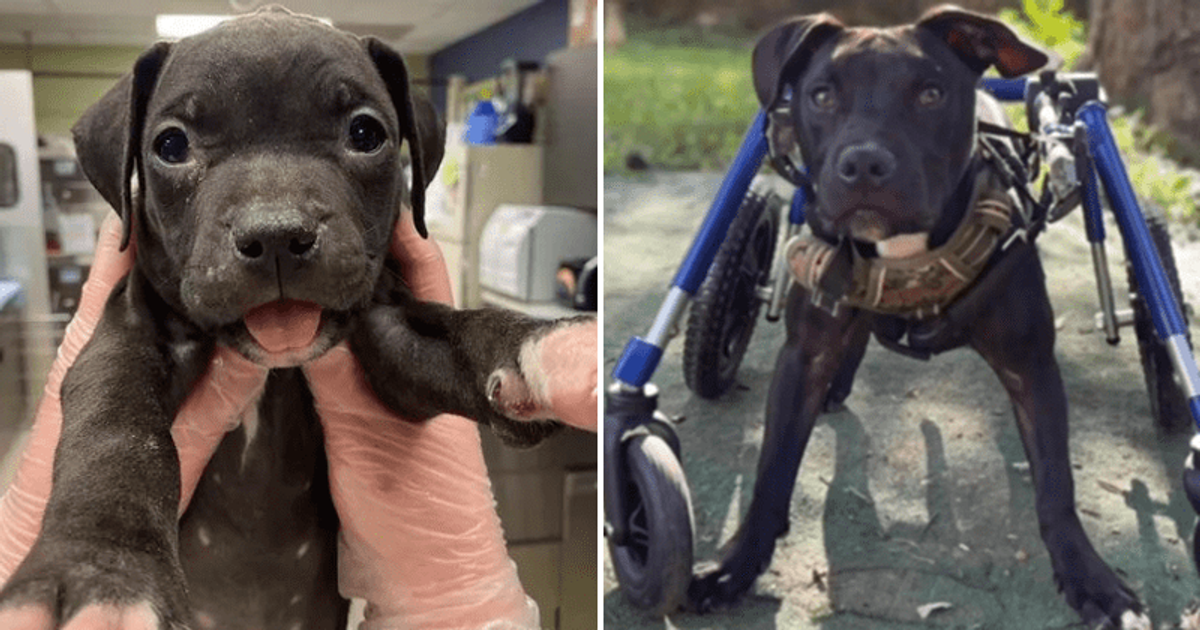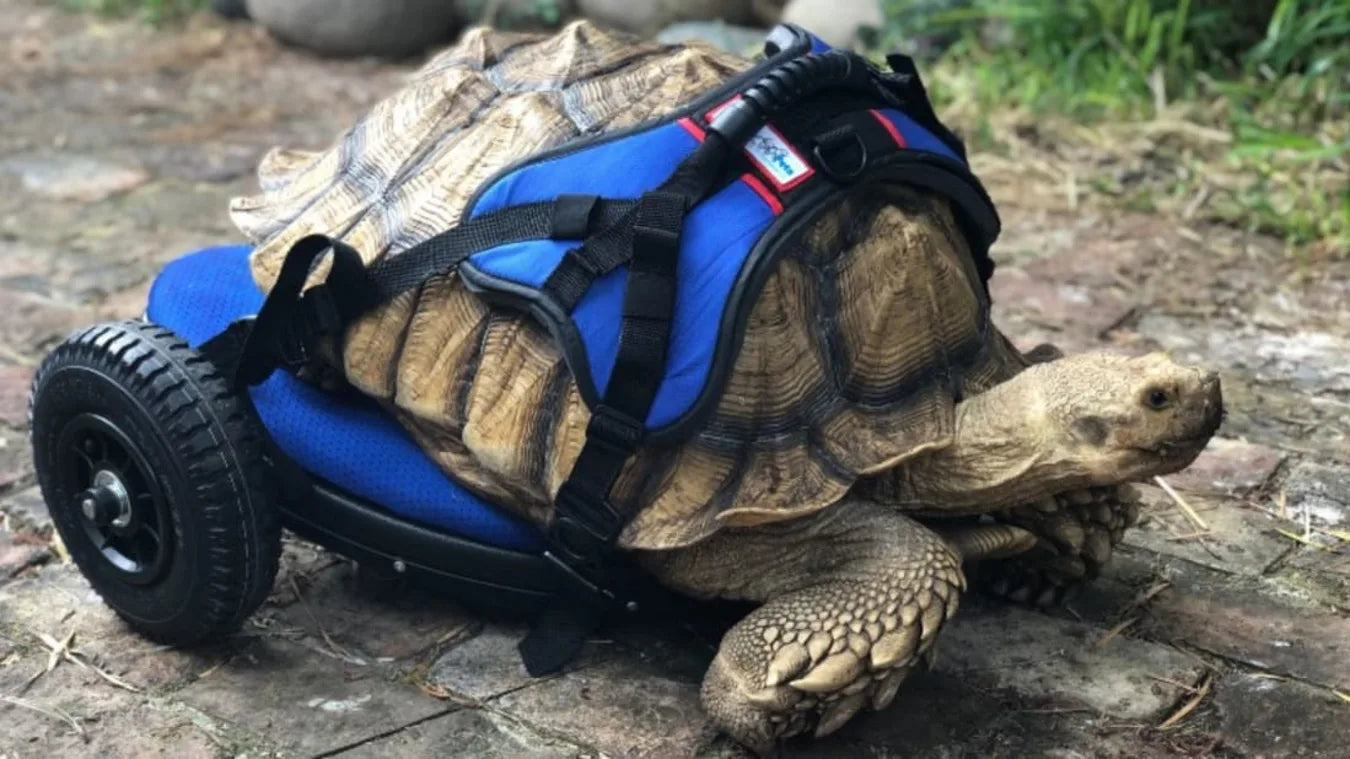Sit Down Dog Wheelchairs

How to Help Your Pet Recover from Surgery
Seeing your pets suffer from an illness is genuinely heartbreaking. The worst part is that they don't understand what's going on—they just have to deal with the pain and procedures that their veterinarians do to them and wake up with stitches. A successful pet recover from surgery starts with the pet parent.
As humans, post-surgery recovery is hard and uncomfortable, but at least you're aware of what you need and what you shouldn't do. However, with your pets, it's a whole of a different story. As your pets don't know what's happening with them, especially right after their surgery, you're the only one who can help them recover and feel better, which they certainly need. Below are ways you can help your pet recover from surgery:
Don't Let Your Pet Stand Up
Right after their surgeries, veterinarians recommend that your pets shouldn't move around so they can recover faster and better without any complications. However, keeping your pet off their feet after their surgery can be extremely difficult, especially when they're used to roaming around as they please.
You can choose to confine them in small rooms, or you can place them inside their crates so they'll only move minimally. If you have difficulty keeping them still, what you can do is help them take a walk, but allow yourself to have full control so that they won't be running around.
Ideally, you would let them walk on a short leash or with a harness to reduce weight bearing and avoid anything that may get them overly excited. For the inside your home, you can get a set of small steps to help your pet get up and out of higher places, like your couch or bed, without putting unnecessary stress on their stitches. Always take note of any precautions and prioritize their safety and comfort over anything else.
Motivate Your Pet to Eat

In terms of the post-recovery process, pets often don't have the motivation to eat due to their uncomfortable. While you understand what they're going through, they need to eat to keep their energy and help their bodies recover.
If your pet's usual food is dry, you may choose to feed your pet with cooked food that'll encourage them to eat. Make sure that you provide your pet with low-fat meat and rice so that there'll be less chance of upsetting your pet's stomach.
Ensure that you only provide your pet with a small amount of food if they vomit after eating. When they stop vomiting after mealtime, gradually increase their food intake and slowly bring it back to their usual servings.
Don't Miss Out on Their Meds
After your pet's surgery, your veterinarian will probably give your pet prescriptions for medications. Ensure that you purchase all of the medication indicated and take note of the amount and frequency you have to give to your pet. Your pet mustn't miss out on any scheduled medication as it'll help them have a speedy recovery.
Provide Comfort
You can help your pet recover by providing them with maximum comfort. You can purchase pet beds for them if they don't already have one. Alternatively, you can use a fluffy pillow as their bed.
Besides providing a soft bed for your pet to sleep in, your pet needs you the most during these challenging times. As much as possible, try to spend more time with your pet and make them feel comfortable and secure by your side. You can continuously talk to them or provide them with a blanket that'll help keep them warm and cozy.
Watch for Their Incisions
As much as you want to tend to your pet's surgical incision, veterinarians recommend that you leave it alone for faster recovery aside from proper cleaning and sterilization as instructed by them.
Don't do anything about their stitches, but do watch for any progress or any signs of infection.
When you notice something unusual with your pet's incision or your pet's in pain, you should contact your veterinarian immediately so they can get assess what has happened and provide additional prescriptions if needed.
Conclusion
It's unimaginable what your pet has to go through right after their surgery. As a responsible pet owner, you must help them recover faster and provide ways to make them comfortable throughout the recovery period. You must tend to their needs and try to limit their movement as much as possible to promote proper and healthy healing of their stitches.
If you notice anything that's unusual for your pet, never hesitate to call your veterinarian—it may be a side effect of the surgery or something more serious. It's always better to be extra cautious when it comes to your pet's health.











